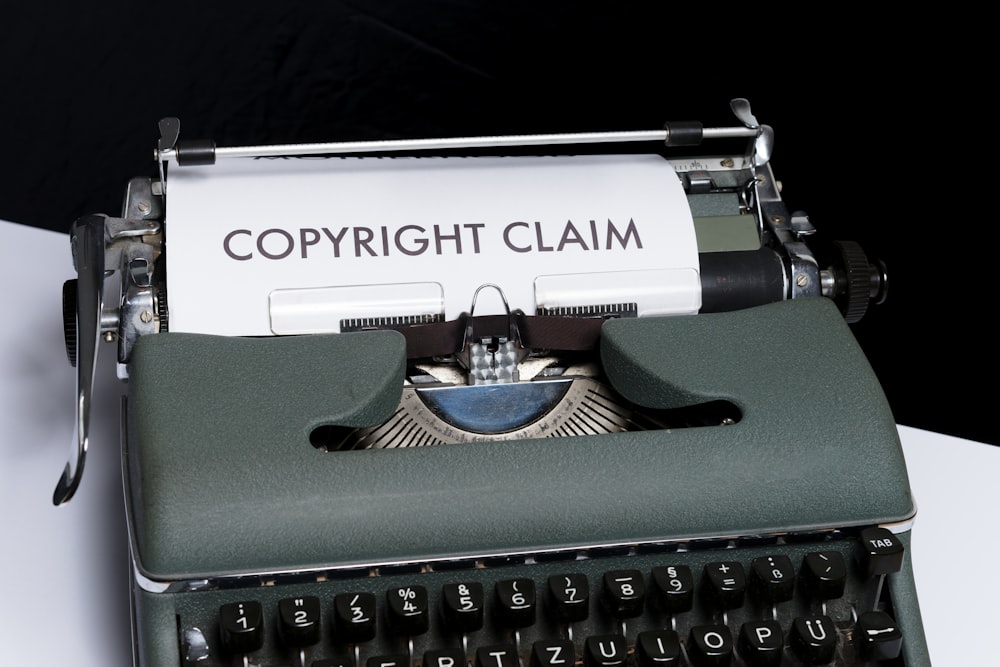Understanding Patent Lawsuits
Navigating patent lawsuits can be a complex and challenging endeavor for both plaintiffs and defendants. These legal disputes arise when one party alleges that another party has infringed upon their patented invention. To navigate such lawsuits effectively, it is crucial to understand the strategies and insights that can help parties achieve their desired outcomes.
Initial Assessment and Evaluation
The first step in navigating a patent lawsuit is to conduct a comprehensive assessment of the case. This involves evaluating the strength of the patent, the alleged infringement, and the potential damages or remedies sought. Parties must also consider the jurisdiction in which the lawsuit will be filed, as patent laws and legal procedures may vary between jurisdictions.
Legal Representation and Counsel
Given the technical and legal complexities involved in patent litigation, securing experienced legal representation is paramount. Attorneys specializing in patent law can provide invaluable guidance and counsel throughout the litigation process. They can help parties understand their rights and obligations, develop legal strategies, and navigate the procedural intricacies of patent lawsuits.
Pleadings and Discovery
Once the lawsuit is initiated, the parties engage in the pleading and discovery process. Pleadings set forth the legal and factual basis of the parties’ claims and defenses, while discovery allows for the exchange of information and evidence relevant to the case. This phase of the litigation requires careful attention to detail and strategic decision-making to strengthen one’s position and weaken the opponent’s.
Expert Witnesses and Evidence
Expert witnesses often play a crucial role in patent lawsuits, particularly in cases involving complex technical subject matter. These individuals possess specialized knowledge and expertise relevant to the patented invention and alleged infringement. Parties may rely on expert witnesses to provide testimony, analyze evidence, and offer opinions on matters central to the case.
Claim Construction and Markman Hearings
Claim construction, or the interpretation of patent claims, is a critical aspect of patent litigation. Courts typically hold Markman hearings to construe the meaning and scope of disputed claim terms. The outcome of these hearings can significantly impact the parties’ arguments and the ultimate resolution of the case. Therefore, thorough preparation and persuasive advocacy are essential during this stage of the litigation.
Motion Practice and Pretrial Proceedings
Parties may file various motions during the pretrial phase of patent litigation, seeking to resolve legal issues or narrow the scope of the case. These motions may include motions to dismiss, motions for summary judgment, or motions to exclude evidence. Pretrial proceedings also involve procedural matters, such as scheduling conferences and discovery disputes, which require careful management and coordination by the parties and their attorneys.
Trial and Post-Trial Proceedings
If the case proceeds to trial, parties present their evidence and arguments to a judge or jury, who ultimately decide the outcome of the case. Following the trial, the court may issue a verdict and, if necessary, determine damages or other remedies. Parties dissatisfied with the trial court’s decision may seek post-trial relief through motions for reconsideration or appeals to higher courts.
Settlement and Alternative Dispute Resolution
Throughout the litigation process, parties may explore opportunities for settlement or alternative dispute resolution (ADR). Settlement negotiations allow parties to resolve their differences outside of court, potentially saving time, costs, and resources. Similarly, ADR methods such as mediation or arbitration offer parties a forum to resolve their disputes with the assistance of a neutral third party.
Conclusion
In conclusion, navigating patent lawsuits requires a thorough understanding of the legal and procedural nuances involved in such disputes. By leveraging effective strategies and insights, parties can position themselves for success and achieve favorable outcomes in patent litigation. However, the complexity of patent law and litigation underscores the importance of seeking experienced legal counsel to guide parties through the process and advocate for their interests effectively. Read more about patent lawsuit

